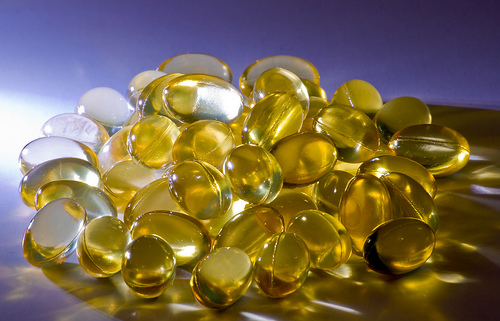
In lupus, the immune system of the body becomes hyper-active and goes berserk. Thus, it begins to attack the normal and healthy body tissues. Lupus exists in many forms and variants. Though its causes are not exactly known, no two people suffering from lupus have the same suffering and degeneration. Thus, treatment and prevention are symptomatic at best. Since lupus causes degeneration and inflammation, foods rich in anti-oxidants and anti-inflammatory substances are recommended. These include fish oil, greens, berries, olive oil and certain meats.
Fish oil
Fish oil is rich in omega 3 fatty acids which have been found to be effective against lupus. According to the research presented during the annual meeting of the American College of Rheumatology, taking just 3 grams of the omega 3 rich fish oil supplements daily for about 6 months resulted in great improvements in the disease. These long chain fatty acids have anti-inflammatory and anti-autoimmune properties. This is beneficial to also avoid lupus because in lupus, the body’s immune system does not work and function as it should normally.
Blueberries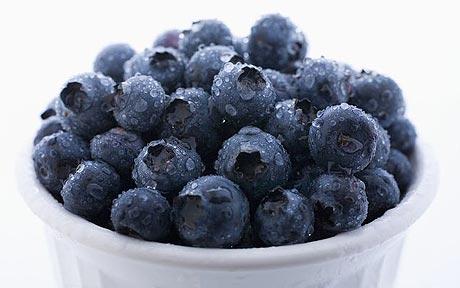
Blueberries are almost bursting at their seams with anti-oxidants known as anthocyanins. These phyto-chemicals (chemicals that respond to light) protect cells from damage, promote the wellness and health of the brain and also enhance the overall immunity. Thus, they function as anti-aging chemicals. They are also known to ward off urinary bladder and kidney infections. Blueberries are reputed to contain greater amounts of anti-oxidants than any other natural food in the world. Having about 40-50 grams of blueberries in the daily diet will safeguard one against lupus. Since they can be pickled or frozen, they can be taken throughout the year.
Flax seed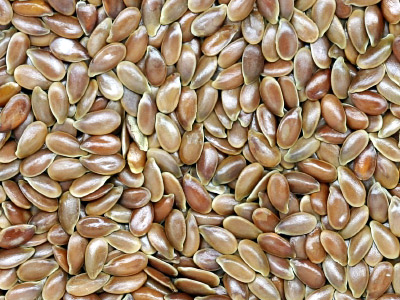
Several studies have indicated that flax seed reduces the impact of lupus on the kidneys. Flax seed improves kidney function by reducing the thickness of the blood, decreasing the levels of cholesterol and reducing swelling. In 2001, a set of researchers at the University of Western Ontario in Canada found beyond doubt that participants with lupus who ate flax seed regularly suffered lesser renal damage. Eating about 30 grams of ground flax seeds, every day of the year, ensures that kidney damage is stemmed though there may not be substantial improvements.
Meats: chicken, turkey and steak
DHEA stands for 5-Dehydroepiandrosterone. It is an endogenous steroid hormone with a 19 carbon chain. DHEA has specific activity against lupus, reducing pain, inflammation, lupus flares and the dependence on steroids for treatment. DHEA is produced by the adrenal glands in the body and is also responsible for keeping us young and fit. This DHEA is almost non-existent in foods. However, chicken, steak and turkey have been found to contain trace amounts of DHEA. Taking some DHEA supplements along with this diet will help over a period of 7-12 months.
Green leafy vegetables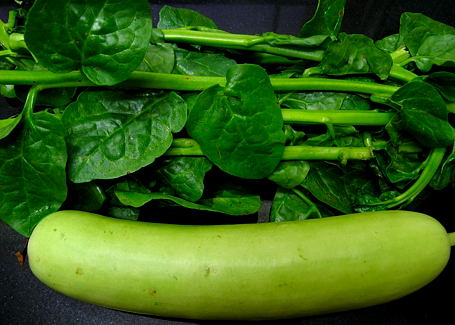
Lupus shows its debilitating effects on the bone as well. Osteoporosis or brittle bones occur in varying degrees. It is here that having calcium-rich, green leafy vegetables helps in prevention and treatment of lupus. That apart, green leafy vegetables are perhaps the most concentrated source of nutrients per calorie consumed! Spinach, collard greens, kale, broccoli and cabbage contain beta-carotene, zeaxanthin and lutein, phytochemicals that are anti-oxidant in their properties. They also contain small amounts of beneficial omega 3 fats. These veggies are loaded with a variety of vitamins: C, K, E and B, which ensure overall body health.
Beans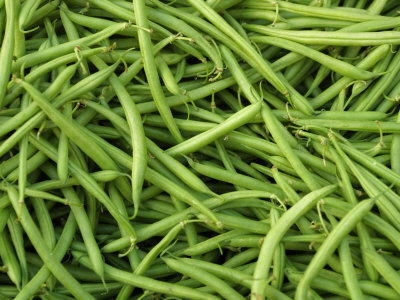
Beans is a very rich source of plant proteins. It has been established that when it comes to protection of the kidneys during lupus, plant proteins fare better than animal proteins. That apart, beans also contain high amounts of calcium which helps in prevention of osteoporosis or in minimizing the damage due to it. Similar beneficial diets can be composed from nuts, soy and other legumes as well. However, there is one important precaution to remember. Alfalfa is technically a legume but it worsens lupus as it is known to cause inflammations. It is best avoided.
Pomegranate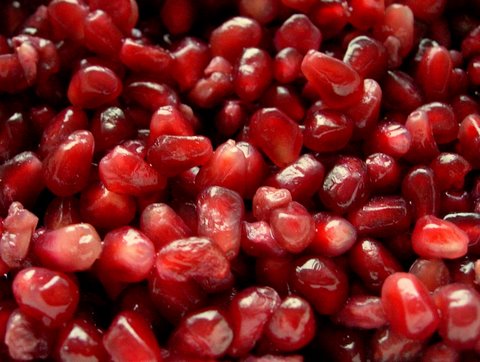
Pomegranates, taken in fruit form or juice form, definitely helps in fighting against lupus. Due to the high concentration of punicalagins, the fruit has anti-oxidative properties greater than red wine or green tea and almost on par with blueberries. It helps and strengthens the blood vessels and the heart, lowers bad cholesterol and fights away atherosclerotic plaque, all which are essential to prevent lupus. They reduce platelet aggregation and thus lower the blood pressure. This decreases the risks of strokes and heart attacks. Being anti-inflammatory, pomegranates also battle away against a host of cancers.
Cherries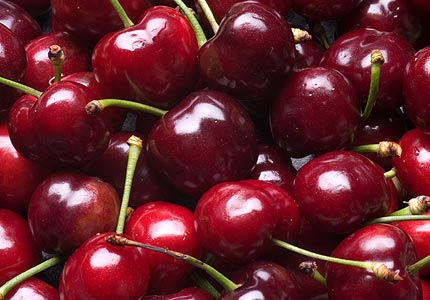
Once again, the anti-inflammatory properties of cherry is effective in both: prevention and combat against lupus. After blueberries and pomegranates, the cherries figure in the list with high anti-oxidants. Cherry is often considered as a super-fruit because of its many uses. The anti-oxidant melatonin also helps to regulate the heart cycles. They are rich in beta carotenes, vitamins A,C and E, potassium, iron, fiber and folate. All these are essential for the general well-being of the body since lupus affects the whole body. Cherries have been duly recommended to reduce joint pains and swellings. They are also low on calories and do not add weight. All these make it an ideal food of choice for those who want to remain lupus-free.
Olive oil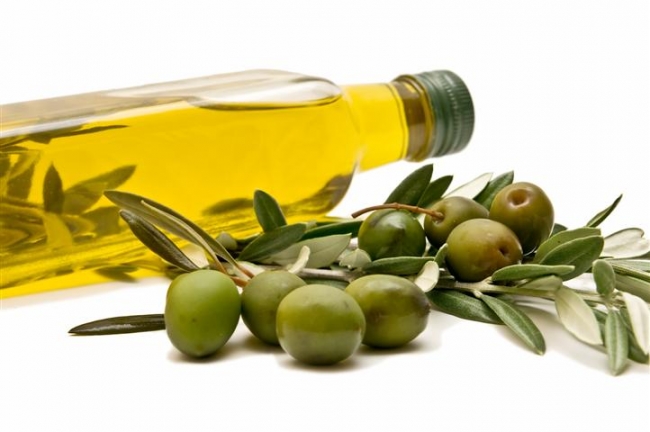
Traditionally, olive oil has been linked to longevity and recent research at the University of Athens Medical School has proven it. It decreases inflammation which is the major problem with lupus and also is rich in anti-oxidants that provide for the overall well-being of the body. In fact, research has already indicated that Mediterranean people have lower incidence of cardiovascular and degenerative diseases because they include a lot of olive oil in the diet.




